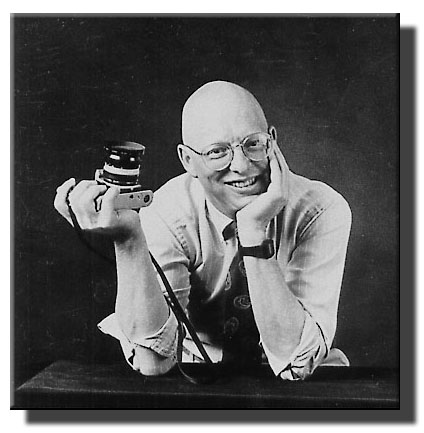It’s always frustrating to read direct quotes from local officials that really don’t add much to the stories, such as when a local city or county official, trying his or her best to stay on point, is asked for reaction to a local measure that just passed and says, “We think this is in the best financial interests of our residents.” Or when a local craftsman, whose initiative and talent have produced murals that have spruced up some unattractive downtown buildings says, “I’m proud of all the community support we’ve received.” Or when the star or coach of the high school team says of a big win, “We just had to come together as team.”
Sure, these folks made those statements, and surely they’re accurate, but just as surely these lines don’t add much to the reader’s understanding of the issue. They don’t add insight to the story, and they don’t move the story along.
And moving the story along is what direct quotes are intended to do. Direct quotations are supposed to enlighten and entertain the audience and illuminate the issue being covered, not to mention indicating a sufficient probe into the situation at hand.
Sometimes, though, a reporter can settle for the first words that come out of the source’s mouth. One of the reasons for these types of accurate but non-meaningful direct quotes is that too often the reporters ask open-ended questions that fail to direct the nature of the response. The question posed might be, “What’s your reaction to the vote?” Or, “How do you feel now that the project’s completed?” Or, “Tell me what this victory means.” By asking this question, the reporter has left it up to the source to come up with a meaningful sound bite, and, depending on the source’s political position or articulateness or experience with news media, the results can be politically-correct or drab or, in the case of the coach or ballplayer, clichéd from too many nights of ESPN SportsCenter.
If the direct quotes illustrated so far are indicative of the best one’s available, it either means the reporter had a tin ear, didn’t have ample time or didn’t engage the source in a meaningful interview. And sometimes, in the latter situation, it’s because the reporter might not have been knowledgeable enough or confident enough or comfortable enough to ask more challenging questions.
Let’s take the first example, the local official who has touted the fiscal wisdom of the government’s vote, and let’s say it was to cut back on operating hours of the local library.
And let’s say the reporter is knowledgeable and confident enough but hoped to get a meaningful response from the open-ended question. Well, that obviously didn’t work, so here’s a follow-up, a close-ended question that more narrowly defines the range in which the official can respond: “How does the money saved justify the inconvenience to library patrons?” And if the source replies, “Well, it was a tough call.” Now, you’ve got something to work with, and to that the reporter could follow up with, “How was it a tough call?” And let’s say the response there is, “We know we’ve got a lot of elderly residents and working-class parents who’ll find it harder to get there on the reduced hours, but we had to make cuts somewhere.” Now your direct quote reads:
“It was a touch call,” Jones said. “We’ve got a lot of elderly residents and working-class parents who’ll find it harder to get there on the reduced hours, but we had to make cuts somewhere.”
And now you’ve got a direct quote with some meat to it, that comes from an official source and registers with readers who may support the measure and those who oppose it. And you’ve gotten some insight into how the local government works, which isn’t always the case when relying purely on what’s said at the governmental meetings. And, if there’s not much time for the interview, that’s the line of questioning that ought to kick-start the conversation instead of the open-ended question.
The same goes for the local artist. Instead of asking for his reaction, ask why he or she was motivated to undertake such an endeavor or how the project will benefit the community. Those questions will prompt some soul-searching by the artist that should provide insight to the readers. And if the answer is that “so many people have volunteered their time and money, it makes this project all the more rewarding,” then voila!
And the coach? Ask how the team, as initially described, came together. A simple “tell me how they did it” should kick-start that line of questioning. And if the reporter noticed that the team was more selective on pitches or made more passes before attempting to score, ask the coach how those actions contributed to the win. Bottom line, ask probing questions that prod the source to give more meaningful answers that will have meaning.
And the more questions that are asked that push for meaningful answers, the more follow-up questions should leap out at the reporter. And that translates into more interesting copy for your readers.
Remember, some of these sources may have a vested interest in staying as non-committal as possible, or they may not know exactly what it is the newspaper is looking for, or they may live in a world where the cliché is crystal clear to them but babble to your readers.
The key for the reporter is to engage them in conversation, to be inquisitive, and to be interested in finding out and understanding how and why your community thinks and acts like it does. Try it, and you’ll like it.

